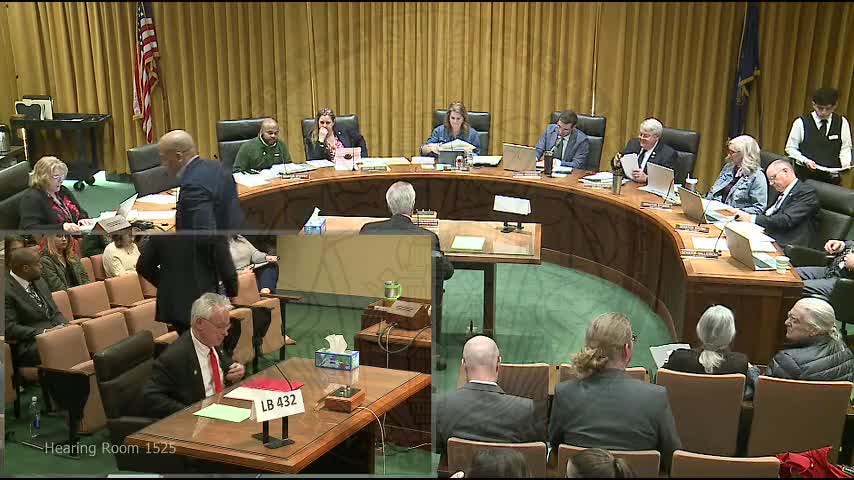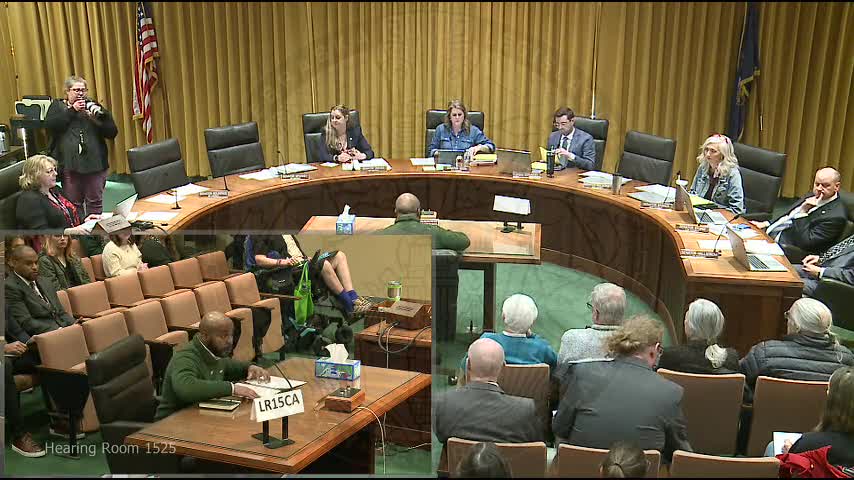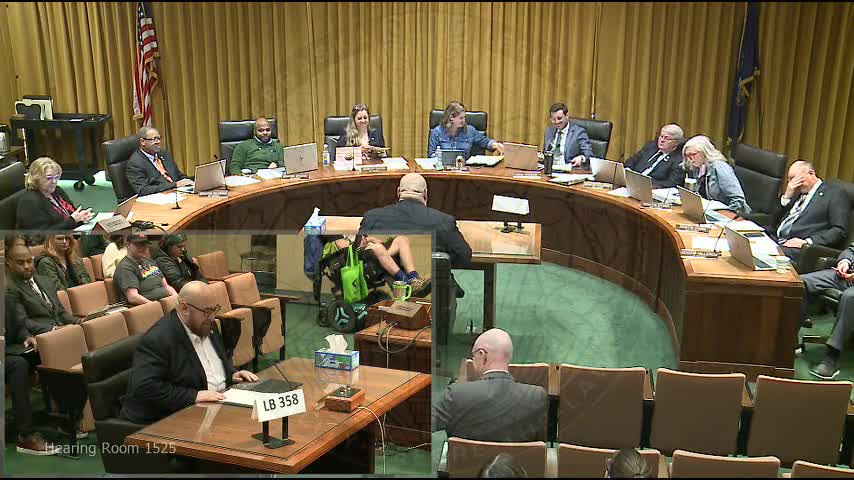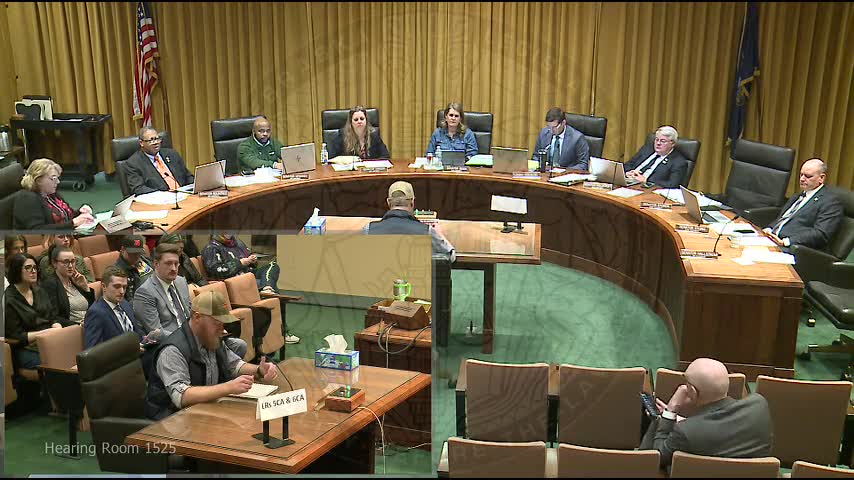Article not found
This article is no longer available. But don't worry—we've gathered other articles that discuss the same topic.

Debate over nitrogen hypoxia in LB432: introducer says method is painless; opponents cite Alabama execution

Sen. McKinney, supporters ask Nebraska voters to abolish death penalty

Bill to clarify inmate access to their records draws department concerns about safety and staff burden

